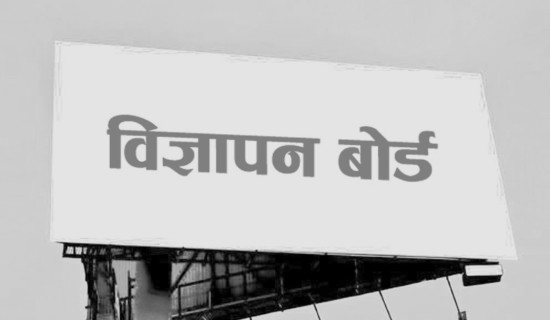- Friday, 6 February 2026
Ensure Right To Internet Access
Rakshya Khanal
The internet has been steadily changing people’s way of living and communicating with each other. Developing inseparable relation with human rights, it has impliedly become a key element for complete fulfillment of human rights. It has become an enabling right to attain numbers of human rights, including right to education, right to expression of views, opinions and ideas and right to peaceful assembly and association. COVID-19 and its fallout have exposed the importance of internet access in individual’s life. It has also shown a bitter reality that not everyone has access to it. It has made the government and other stakeholders realise that it is important to ensure protection of offline as well as online rights.
Disparities
Human potentials of creativity and innovation and their development started getting platform online more than offline. Internet and human rights encounter in number of ways. It directly determines the ability or disability of people to have access to news and information, people’s opinions, belief and knowledge. This has brought world forum into a concern about prevalence of disparities between people in respect of inequality in access to resources. This might again entrench the existing conflicts over resources, the concerns on discrimination and mistreatment leaving specific group in status quo. The accessibility of internet would start determining the class and thereby giving rise to dialectics. The gap among haves and have-nots in terms of connectivity and growth may increase. On top of that, despite increasing concerns about internet right, developing countries are often victimised for not having enough resources and finance to ensure the rights.
Respect and observance of individual freedom has always been the core concern of national and international human rights instruments. Now that these concerns have extended to digital world, access to internet has become another matter of discussion. Internet is no more a matter of luxury, it is a tool, a platform, a technology, and an enabler of human rights to progress society as a whole. Protecting offline rights online and providing right to internet access are two completely different things.
Nepal government would still manage to safeguard rights in the internet world with development of technologies and strategic improvements of human resources to assist in safeguarding those rights. That calls for intensive research and development, allocation of federal budgets and other numerous resources. But, can right to internet ever become a subject of human rights in Nepal?
The United Nations Declaration on Human Rights, the milestone instrument in protecting and promoting human rights, has been amended acknowledging that “internet is a catalyst for the enjoyment of human rights, most notably, the right to freedom of expression”. It addresses that the internet has become ‘a key means’ by which individuals can exercise their right to freedom of opinion and expression. However, the amendment didn’t explicitly recognise the internet as human rights. The UN obliges its member states to promote and facilitate enjoyment of right to freedom and expression wherein the states must take an appropriate action to recognise internet as enabler right.
Nepal evidently has geographical and financial constraints to effectively materialise the vision of ensuring internet access as human rights. The geographical structure of Nepal doesn’t allow internet providers to supply internet in every corner. But since, internet is becoming a growing need from individual level, the government should work to find a way out to expand internet services to possible extent. Adhering to the UN call to take step up to secure offline rights online, India, through judicial interpretation, has declared that access to the internet is a fundamental right and it comes under the preview of freedom expression.
Fostering internet rights requires coordinated actions between individual, government and other stakeholders. The present growth and use of internet have brought digital future before us. The government should come up with policies and strategies to educate internet users and providers about the equal application of human rights online and offline. To ensure the access to and best use of internet with thorough observance to internet-related protocols and rules, the government should prioritise the digital sector. Policies and laws concerning internet right must satisfy the needs of citizens, offering them protection against violation of internet rights. A global dialogue between the states to extend technical collaboration, expertise and other supports should be initiated by the government.
New bill
The Information Technology Management Bill that faced criticism after it was tabled has not yet been passed by the parliament. The debate includes the concerns over right to freedom of speech and expression in digital media. Amid this concern, the noteworthy step of the UN on recognising internet as enabler of other human rights should be taken into account. As a party to the UN Declaration on Human Right (UDHR), Nepal should rethink about the provisions of the bill. The parliament should start considering enacting new laws or amending ICT provisions to govern the internet rights and obligations. It should start doing its homework on drafting laws ensuring online and offline rights with all protective and defensive measures.
(Khanal is an advocate and writes on contemporary legal issues. rakhyakhanal97@gmail.com)










-original-thumb.jpg)
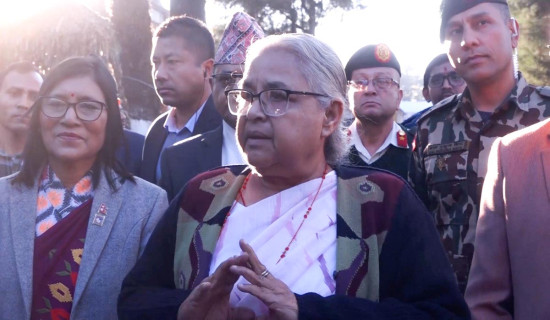
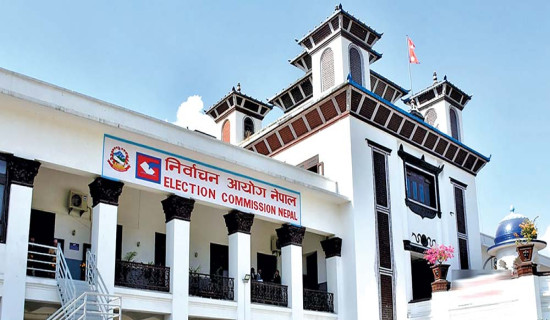
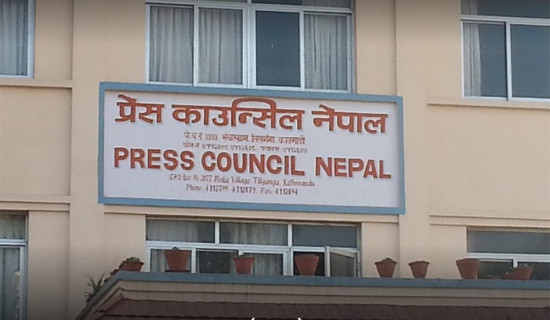
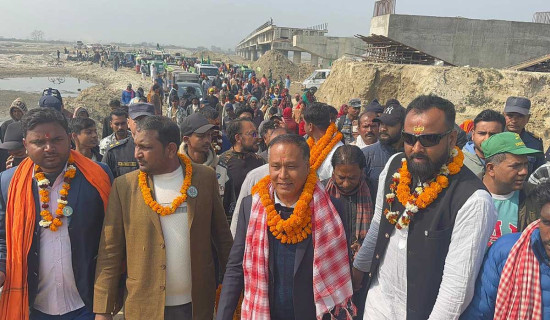
-original-thumb.jpg)
-original-thumb.jpg)
